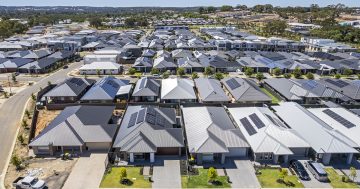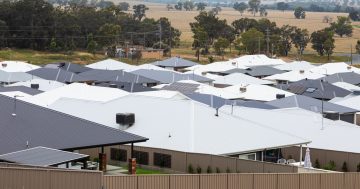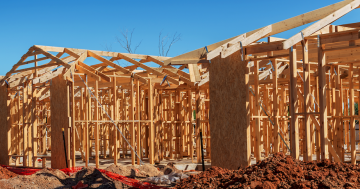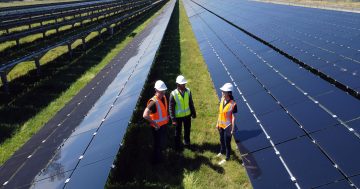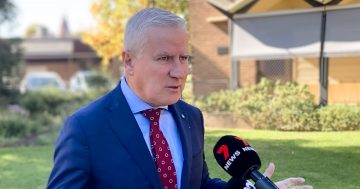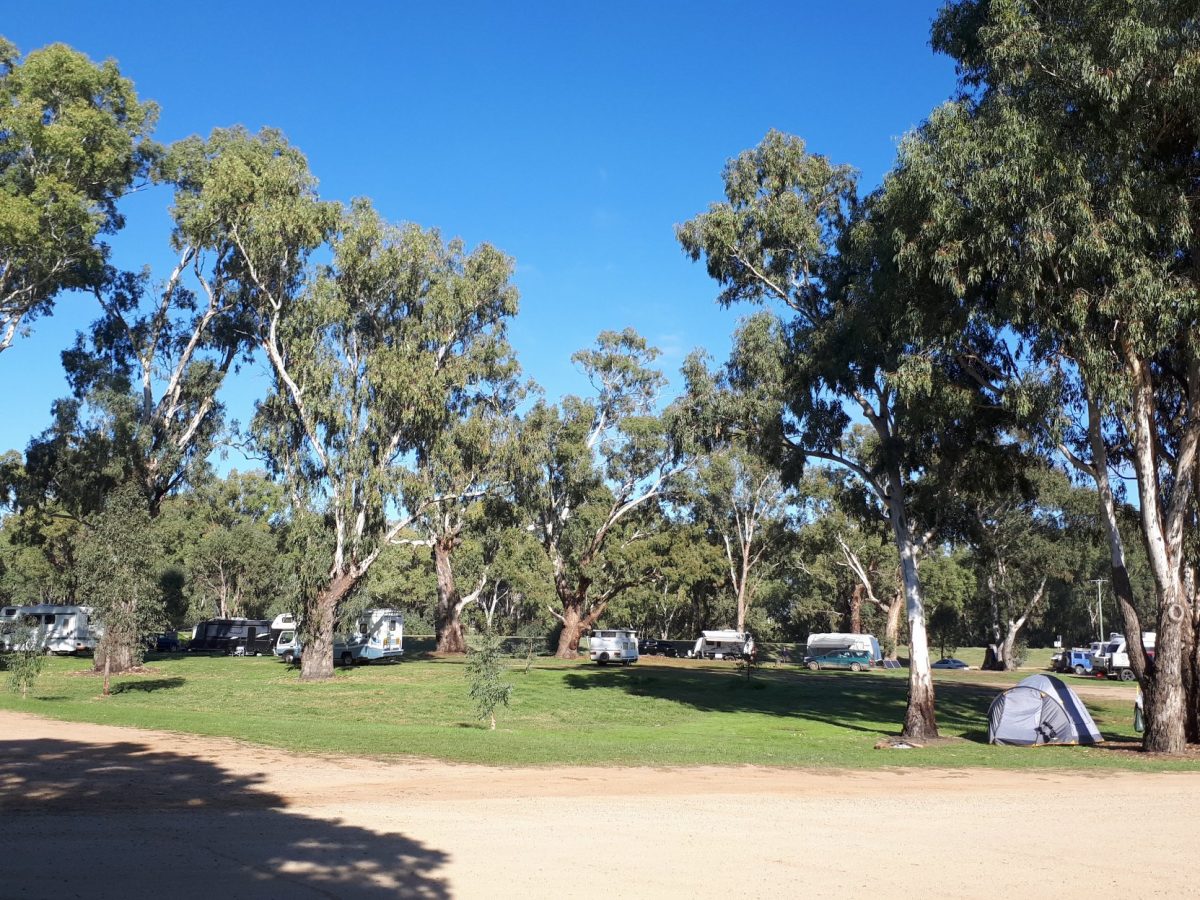
Wilks Park campground in North Wagga has historically served as a refuge of last resort for Wagga citizens finding themselves homeless. Photo: WikiCamps.
A man in his 90s in southwestern New South Wales has been forced to live in his car as the housing crisis continues, and while the recent boost to some welfare payments helps, it is not enough to fix the massive problem affecting more than two million Australians.
That was the blunt message from Amy Lanham, Anglicare New South Wales’ executive manager of communication and engagement.
Ms Lanham said the boost to payments like JobSeeker amount to just $40 a week for the average recipient, which was ‘minimal’ and that regional cities like Wagga were no exception.
She said despite regional areas traditionally being more affordable than the capitals, recent bushfires and floods around the country had forced many people from their homes, and as it came around the same time as the Covid-19 outbreak, with city-dwellers flocking to more rural areas, it had placed mounting pressure on regional property markets.
“While these increases in the budget are welcome, you’ve already got people all over the country, and particularly in regions like the Riverina and South Coast of NSW still forced to choose between buying groceries each week or paying rent,” Ms Lanham said.
“Anglicare last year released essentially a national roadmap urging all governments to work together to deliver between 20,000 and 25,000 more homes each year for the next five years, if we’re even going to meet existing demand, and this payment increase will not change that.”
The social services organisation also released its latest National Rental Affordability Snapshot, which found that in March last year, there were zero properties in the Riverina-Murray region affordable for a single person living on JobSeeker, just one property affordable for a single adult on JobSeeker with a child eight years or older, and only two homes affordable for a single parent with two children.
“I feel that as a nation, we can do better,” she said.
“We are seeing more and more working families coming in for food and support, particularly in western NSW, some 57 per cent are unable to pay their rental costs, and that’s why we’re advocating for a massive investment in social housing across the state.
“There was definitely a slight easing for some families while the government paid a little bit extra in Covid-related supports; we did see a difference with more people being able to pay their rent, even if it was just a temporary measure it helped some people get back on their feet.”
Ms Lanham said she also supported the brief national moratorium on no-fault evictions during the worst of the outbreak, and the fact the Australian Capital Territory Government had now moved to make no-fault evictions illegal altogether – a move Anglicare wanted to see replicated across the nation.
Despite several disappointing measures in the 2023-24 Federal Budget, Ms Lanham said the new measure to triple incentives for GPs to bulk bill patients under 16 years old, Commonwealth concession card holders and pensioners, was a “marvellous” change, sharing the case of an Anglicare client who would not buy his heart medication because he could not afford it.
She also welcomed a decision in the budget that would see single parents eligible for the single parenting payment be able to access it until their child or children turned 14 years old, up from the current limit of children aged up to eight years old.
Ms Lanham said she had also heard repeated stories of people in the region struggling, including tales of the man in his 90s forced to live in his car due to the cost of housing, and that in the Riverina-Murray region, Anglicare’s local food donations program was experiencing much higher demand now, leading into winter, than it had in several previous years.
She said she would encourage any people in Wagga Wagga who were able, to donate any extra, non-perishable, in-date food items to Anglicare’s food program run out of the charity’s Ashmont Community Resource Centre at 42 Tobruk Street.







